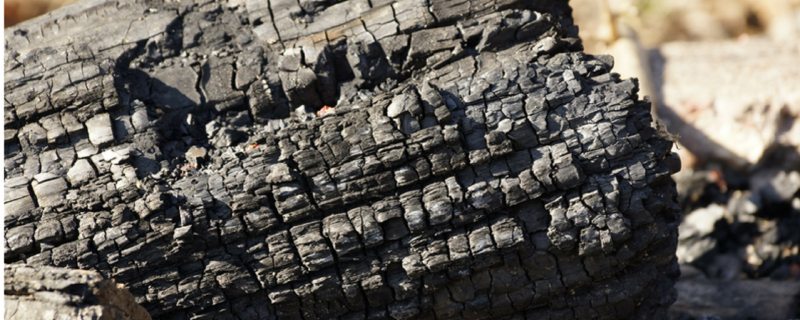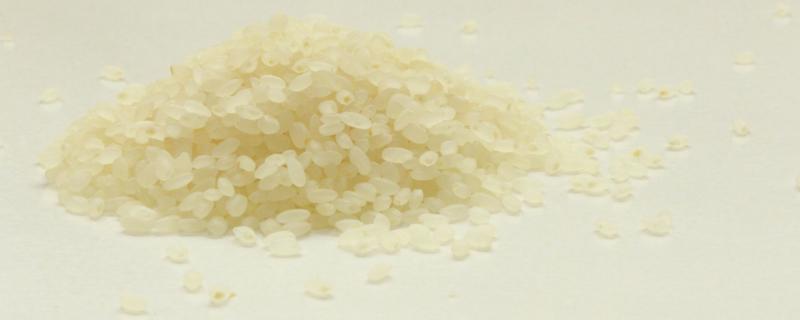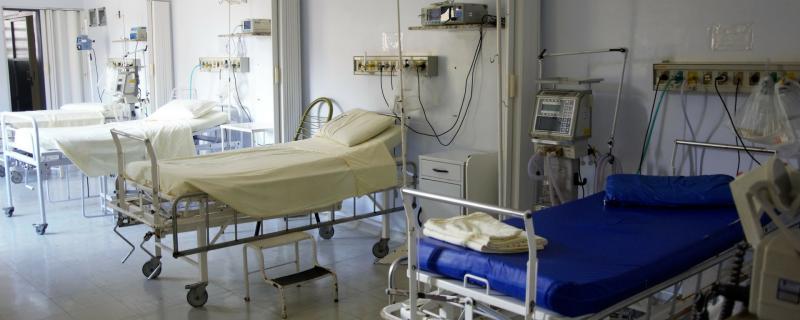Researchers at the Indian Institute of Technology Bombay (IIT Bombay) have developed a new life-saving device that can detect heart attacks early on using a smartphone. The innovative sensor, conceptualised by students Debasmita Mondal and Sourabh Agrawal, and guided by Prof. Soumyo Mukherji, won the recently presented 2018 Gandhian Young Technological Innovation award recently.
Archives
Scientists from Indian Institute of Soil Science, Bhopal, and Indian Institute of Agricultural Research, New Delhi, both part of the Indian Council of Agricultural Research (ICAR), have been studying the effects of climate factors and use of insecticides on the ability of soil to consume methane. Their study reveals one of the harmful effects of the insecticid
Researchers from the Indian Institute of Science Education and Research (IISER), Bhopal, reveal an intricate molecular relationship scripted by cancerous cells to alter the healthy metabolism of healthy cells.
Scientists from the Indian Institute of Science, Bengaluru study how and why animals from different species interact with each other.
Researchers from the Indian Institute of Technology, Delhi, offer critical insights into the intrinsic nature of certain types of rice that can resist drought.
ಪ್ರತಿಜೀವಕಗಳು 'ಸೂಪರ್ ಬಗ್' ಸರಣಿಯಲ್ಲಿ ಇದು ಕೊನೆಯ ಭಾಗ. ಇದರಲ್ಲಿ ರೋಗಗಳನ್ನು ಉಂಟುಮಾಡುವ ಬ್ಯಾಕ್ಟೇರಿಯಾಗಳಲ್ಲಿ ಪ್ರತಿಜೀವಕ ನಿರೋಧಕತೆ ಹೇಗೆ ಕಂಡುಬರುತ್ತದೆ, ಅದಕ್ಕೆ ಕಾರಣಗಳು ಮತ್ತು ಅದರಿಂದ ಉಂಟಾಗಬಹುದಾದ ತೀವ್ರತೆಯ ಬಗ್ಗೆ ತಿಳಿಯಬಹುದು.
Scientists from the Indian Institute of Astrophysics (IIA), Bangalore, University of Notre Dame, USA and Universidad de La Laguna, Spain attempt to trace out how elements form by analysing the spectra of ancient stars.
A team of researchers from Indian Institute of Technology Bombay, Mumbai, UNESCO-IHE Institute for Water Education, Netherlands, and the Department of Harbour, Coastal and Offshore engineering, Netherlands have come up with a cost effective and efficient method to measure the depth of shallow water.
How hard is it shop for a few groceries? The majority of us may find this to be a trivial task. But, close to one billion people all over the world may find this an arduous one. Why? Because, unlike most of us, they live with long-term physical, mental, intellectual or sensory impairments.
Researchers from Raja Ramanna Centre for Advanced Technology, Indore, Homi Bhabha National Institute, Mumbai, Indian Institute of Technology Delhi, Delhi, and Bhabha Atomic Research Centre Facility, Visakhapatnam are studying speckle variance optical coherence tomography—a new method of microscopy used to study biological materials.










